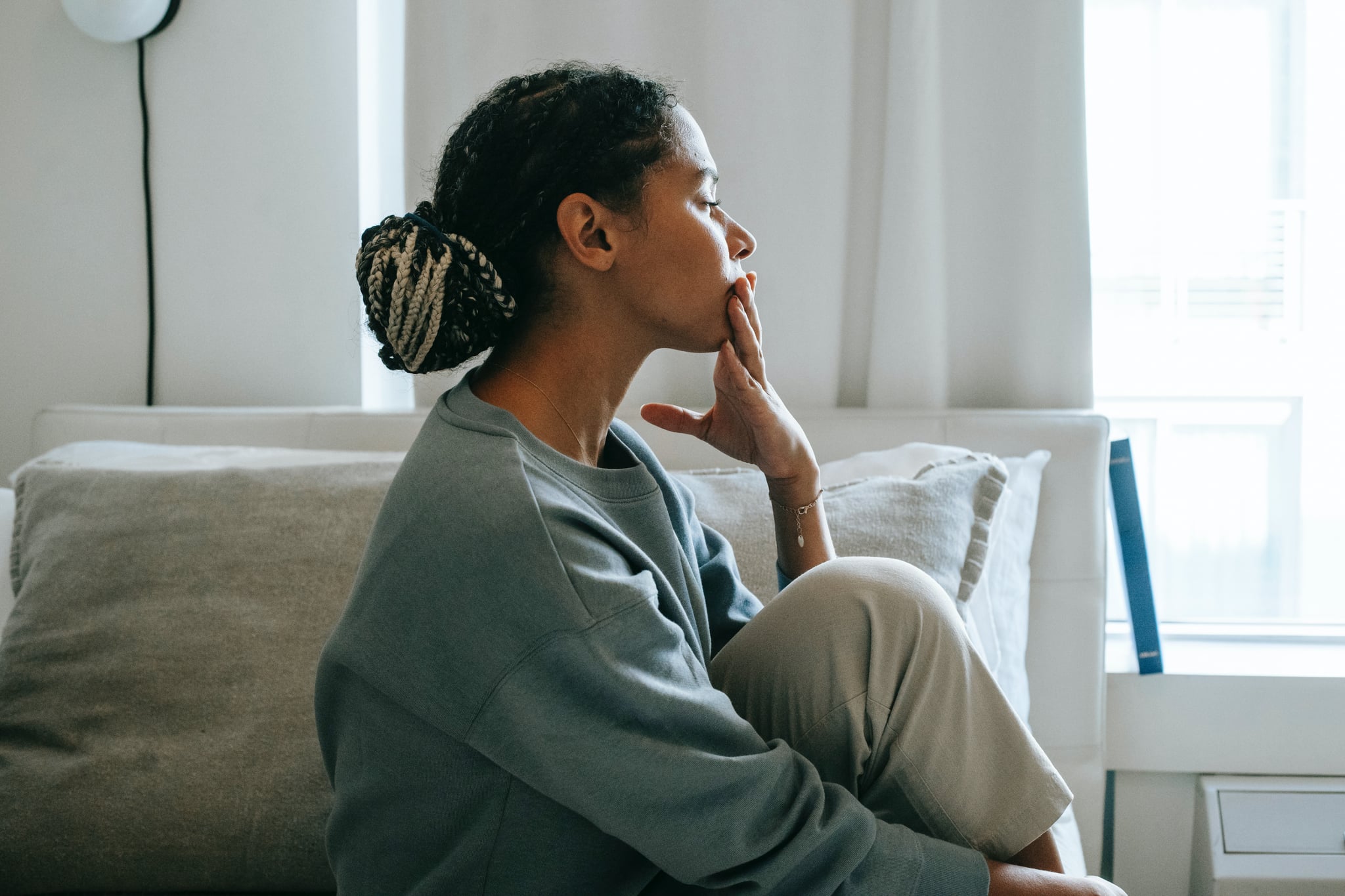I’m a more passionate advocate for my friends and loved ones’ mental health than my own. I talk the talk, but I’m long overdue to walk the walk. At least once a week, I tell myself I need to go to therapy, but immediately, I become overwhelmed. Taking control of your mental well-being is hard enough, but I’ve found that my identity as a Black woman has added some unexpected hurdles in my journey to self-care.
My solitary stipulation when it comes to therapy is that I want to see a Black therapist. My race is such a big part of who I am and, beyond my personal experiences with prejudice, Blackness itself is built upon centuries of trauma. I can’t turn my Blackness on and off. While others can post an antiracist graphic on Instagram and clock out for the day, I’m working graveyard shifts. Simply put, I prefer to unpack my struggles with someone who’s working the same shift as me — and though that request seems reasonable enough, it’s actually one of the mountains that stands between me and the path to growth.
I live in an area where my minority status is amplified by the sea of whiteness that surrounds me. Countless hours online and repeated searches of the Therapy For Black Girls registry have yielded few Black therapists in my area, and because I’m already overwhelmed, this always sends me into a spiral. What if I don’t click with these therapists? Then what happens? Is my quest to find a Black therapist unreasonable, or dare I say, closed-minded? This is usually the part where I snap my laptop shut and retreat to TikTok.
Another speed bump has been that I sometimes feel I’m not Black enough to deserve help. As 2020 brought never-ending sorrow to the Black community, my identity as a biracial Black woman left me feeling unworthy of my pain. I found myself liking every Instagram post encouraging Black people to heal and rest, yet subconsciously deciding this advice did not apply to me. I present as a Black woman and have had the racist experiences that unfortunately come with it, but the whiteness in my genes keeps me from taking care of myself the way I should. Why take a therapeutic experience from someone with a deeper skin tone than me who probably needs it more? Trauma is much harder to process and heal from when you’re not even sure you deserve to have it.
As 2020 brought never-ending sorrow to the Black community, my identity as a biracial Black woman left me feeling unworthy of my pain.
This past year was riddled by racial trauma, an ongoing pandemic, and a soul-sucking election. It took a toll on everyone, but these constant sources of anxiety felt particularly hard on me, because I had been struggling for a while. My lows felt lower than ever, and my hours of sleep were ridiculously sparse. But as I pondered getting help, all I could think was, “Kim, people are dying.” Like Kim Kardashian crying over her lost diamond earring, my struggles felt like nothing compared to everything that was happening in the world. I was alive, so I must be fine.
As I tentatively ease into 2021, I find myself in a weird position. I’m aware of the roadblocks keeping me from taking care of myself, but I’m not sure how to navigate them. I don’t have all the answers yet, and the prospect of coming face-to-face with my mental health is intimidating. But I’m determined to stop allowing my identity to hinder my well-being. It’s going to take some extra work on my part, but it’s time to see myself as worthy of the help I’d want for anyone I loved.
